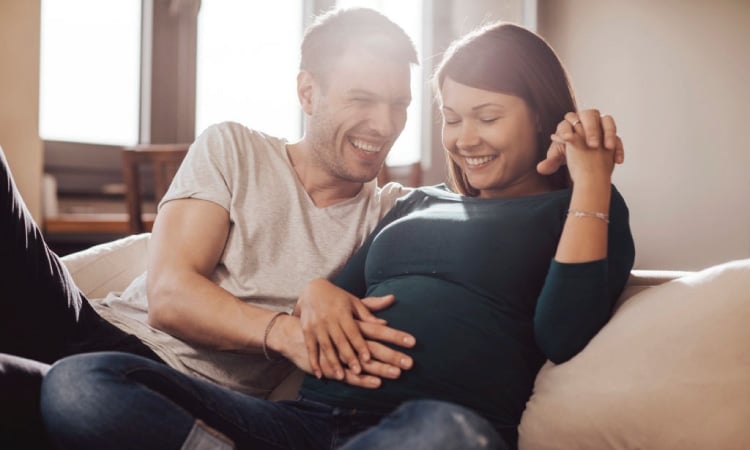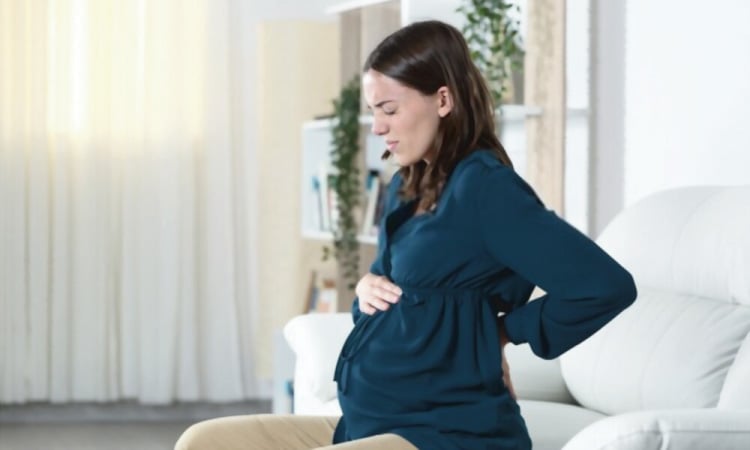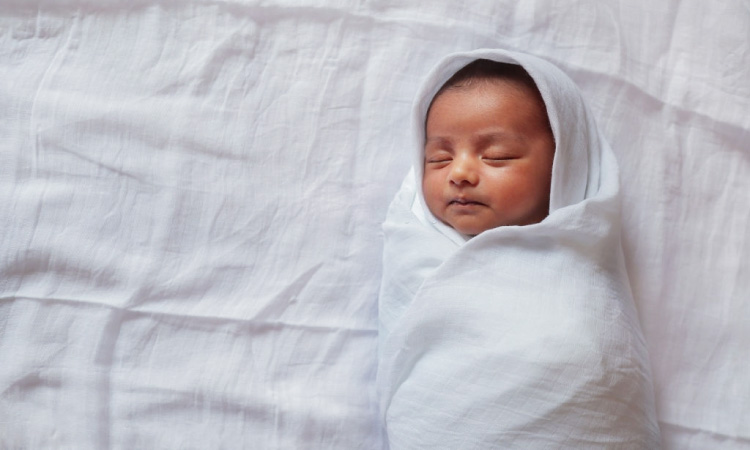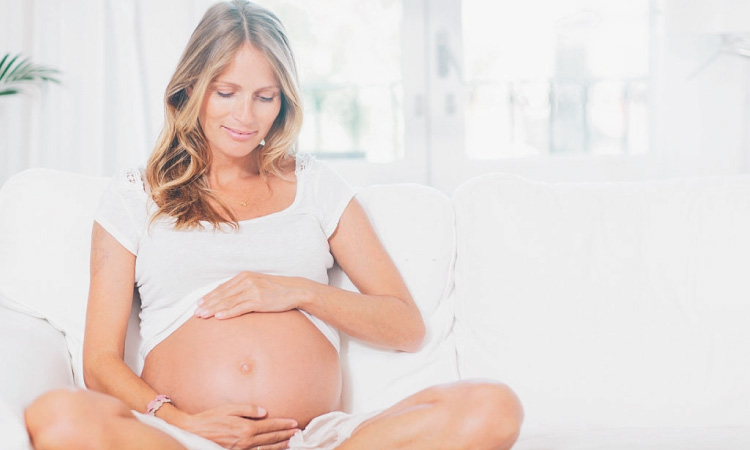Planning a child after 30 is a practical choice for many couples. Many couples want to be secure financial stability, pursue careers and other goals before welcoming a new member to the family.
No matter when you decided to become a mother, motherhood is a divine and matchless experience. However, pregnancy after 30 carries its own risks and benefits. Let us find out possible pregnancy complications after 30.
Watching one’s diet and doing moderate exercises will help to reduce pregnancy complications after 30. As the risk of hypertension and gestational diabetes is more in 30-plus pregnancies than the 20’s, it is important to avoid excessive salt and sugar.
Even though the best age to get pregnant is 20 – 30 years, you can still carry out a healthy pregnancy even during the early thirties. However, risk factors and possible complication increases once you get into the late thirties.
Also, fertility in the 30s will not be as same as in the twenties. As fertility starts to decline after thirty, pregnancy after 30 may not happen as soon as you start trying.
Related Reading: How To Prepare Body For Pregnancy After 30
Calculate Due Date With Conception Date
Therefore, if you wish to postpone your pregnancy after thirty and couldn’t conceive within 6-9 months of trying, it is important to visit a gynecologist for further advice and examination.
There are many clinical conditions that delay or prevent pregnancy, and these conditions are more seen in women who crossed 30 years. Uterine fibroids, endometriosis, and cysts are some of those clinical conditions.
Pregnancy After 30 – 8 Risks
Birth rates for women in their 30s are rising as women begin to prioritize their professions. Women’s marital ages are also being advanced into their late twenties and early thirties. However, pregnancy after 30 pose a higher risk of complications.
1. Chromosomal abnormalities
As the mother’s age increases, the risk of a baby born with genetic issues also increases1. This is because chromosomal abnormality mostly happens due to an error during cell division.
Due to improper cell division, a baby may end up with an extra chromosome (trisomy) or miss a chromosome (monosomy). These lead to genetic issues in babies. Chances of this error are higher in aged mothers as their eggs are aged too.
Some genetic issues that can occur in pregnancies after 30 are Down’s syndrome, Turner syndrome, Trisomy 18, and Klinefelter syndrome.
Related Reading: 9 Signs Of Ovulation To Know Your Most Fertile Time
2. Low birth weight babies
The risk of low birth weight babies increases as maternal age goes up2. This is again, one of the most pronounced risks in pregnancies after 30. Advancing maternal age can cause a decline in the strength of the uterine tissues. This can trigger preterm labor and delivery.
Advanced maternal age and intrauterine growth restriction are interlinked. Both these issues can bring about low birth weight.
3. Pregnancy-induced hypertension
The risk of chronic and pregnancy-induced hypertension increases in pregnancy after 303. This can bring about many complications during pregnancy and delivery.
4. Labor difficulties or premature labor
Pregnancy after 30 bears more risks of labor difficulties and premature labor4. This is mainly because the uterine muscles will not be strong enough to generate strong contractions or the preexisting medical conditions triggers preterm labor.
5. Increased mental risk
The increased physical risks that come with having kids in thirties can take a toll on the mothers’ mental health5. Especially if you get pregnant after undergoing IVF treatment or other treatments, your anxiety level increases during pregnancy.
Along with the emotional issues triggered by surging pregnancy hormones, work-related stress, and responsibilities in the home increases the risk of depression during pregnancy after 30.
Related Reading: 15 Tried And Tested Ways To Handle Emotions During Pregnancy
6. Higher chance of multiple pregnancies
The rate of twin pregnancies is found to be higher in aged mothers6. This is because the level of hormone FSH can be high in older women. And as a result, older women tend to release more multiple eggs during ovulation. This results in multiple pregnancies.
7. High risk for ectopic pregnancy
Ectopic pregnancy is a condition in which the fertilized egg gets blocked on its way to the uterus. Therefore, it will get implanted in the wall of the fallopian tube. If not identified on time, ectopic pregnancy can turn to a life-threatening gynecological emergency
There is an increased chance of ectopic pregnancy in older women7, especially among those who have undergone infertility treatment. The rate of endometriosis, another cause of ectopic pregnancy, is also high among aged mothers.
8. Higher risk of preeclampsia
Preeclampsia is one of the dangerous pregnancy complications characterized by high blood pressure. If not detected and treated promptly, it can lead to kidney and liver damage that brings about serious complications, including maternal and fetal death.
According to studies, the risk of preeclampsia is higher for pregnancy after 30.
Related Reading: 11 Foods That Should Be Avoided When Trying To Conceive
Pregnancy After 30 – 8 Benefits

Planning a baby after 30 has some advantages.
1. Financial stability
This is probably the main reason women choose to wait until their 30s to conceive. By the time you are in your 30s, chances are you are pretty settled in, job-wise. You will definitely be older, wiser, and smarter than you were in your early 20s. You will have a fixed occupation and a regular income.
The cost of expensive products like diapers, as well as good babysitters and nannies, won’t daunt you. You will be able to spend wisely and make good decisions. Altogether, you will be more emotionally and financially stable and will be able to provide such an environment to your little one.
2. Well prepared
Age means experience, and experience translates into wisdom and preparation. And one can never be too prepared or wise when it comes to caring for a child. As a 30+-year-old woman, you will be much more prepared to have a child than a 20-year-old.
Related Reading: 35 Beautiful Ways To Announce Your Pregnancy To Your Husband
3. Relationship stability
If you have just entered into a lasting relationship in your 20s, you will be much more settled and comfortable with your partner by the time you reach your 30s. You will be closer than ever and will know each other much more. This will give you the stability that a child needs from their parents.
4. More experienced
As you gain experience, you will also gain confidence, and confidence is something that is essential to raise a healthy baby. True confidence comes from knowing what you are doing.
There is no room for hesitation and reluctance when caring for a child. You need to be the rock in their life, the one who can help them solve their problems. How can you do that if you have no experience?
5. More mature
As an older woman, and therefore, more experienced, you will be much more mature than your 20-year-old self. After all, 20 is barely older than a teenager! And as we all know, one does not gain maturity overnight. It requires time, the time that you will have had by the time you are 30.
6. Having a support group
Generally speaking, a 25-year-old mom will probably be the only mom in the friend group. While your companions are partying and traveling and enjoying their youth, you will be rushing after your two-year-old and asking your mother, aunts, and grandmother for advice.
This can get quite tiring, and there is a high risk of growing resentful, which you do not want to expose your baby too. Older women will have a better support system with other mothers who are the same age, with the same problems as you.
Related Reading: 35 Fun Pregnancy Announcement Ideas For Family
7. Flexibility to relocate
When you’re a 20-year-old or even a 25-year-old, moving with a child can be a daunting, almost impossible task. There’s just too much to do and too little time and money.
However, as a 30+-year-old woman, you will be much more self-assured and ready to move if the need arises. You will be financially and emotionally stable enough to relocate to somewhere that could provide better opportunities for your child, like say, closer to the school district.
8. You’ll look and feel younger
While a younger woman might look older, you will look younger and feel younger when you become a first-time mother in your thirties due to an early onset of sleepless nights and dirty diapers.
When many of your friends are playing the role of a preteen’s mother, holding a toddler will definitely make you feel younger.
Disadvantages Of Having A Child Later In Life

Although the above-mentioned advantages convince you of the pros of pregnancy after 30, you might have to deal with some disadvantages as well. Therefore, it is important to see the other side of this coin as well.
Here are some disadvantages of pregnancy after 30:
1. Take more time to conceive
As the age of a woman advances, the age of her eggs is also advancing. It will affect the quality of eggs. Moreover, ovulation becomes unpredictable, and the numbers of eggs are also declining.
Also, the partner’s age will be usually a few years more than the woman. This will affect semen quality. All these factors can result in infertility, which need more treatment time.
Related Reading: Garlic And Fertility – How To Use The Herb For Best Results
2. May contract lifestyle diseases
As the age advances, you are more at risk of contracting lifestyle diseases like blood pressure, type 2 diabetes, thyroid issues, obesity, etc. all these pre-pregnancy health conditions can affect pregnancy’s healthy progression.
3. Develop pregnancy complications
You will be more prone to pregnancy complications after 30. Women will be at a higher risk of developing gestational diabetes or high blood pressure during pregnancy.
Unlike in the twenties, when you can satisfy most of the pregnancy craves, you may not be able to eat all food if you have a preexisting health condition in thirties. In that case, following a strict pregnancy diet plan and exercise will be an inevitability.
4. Need for a C-section
The numbers of Caesarean sections and instrumental deliveries are almost 20 percent higher in pregnancy after 30. This is because, after 30 years, the uterine tissues become more rigid, and uterine activities fail to coordinate during labor.
Therefore, issues like the cervix not opening as it should be, weak contractions, etc. happen that necessitates instrumental deliveries or caesarian.
Related Reading: The 10 Do’s And Don’ts After A C – Section
5. Higher risks of miscarriage
Early pregnancy loss is common in older mothers, cites a source. Most of the early miscarriage happens because of chromosomal issues. The risk of chromosomal abnormality increases as the age of the mother increase. Therefore the risk of miscarriage also increases.
6. The health of your baby

Babies born to aged mothers have an increased risk of contracting genetic problems like Down’s syndrome or neural tube defects.
Celebrities who had babies after 30
Here are some of the high-profile members of the 30 + first-time moms group
- The former Miss World and actress Aishwarya Rai was 37 when she conceived her daughter Aaradhya
- The former Miss Universe and actress Lara Dutta was 34 years old when she became a mother
- Farah Khan– Choreographer, producer, and director, give birth to her triplets at the age of 43
- Madhuri Dixit, the dancing diva of Bollywood, had her first child at the age of 37
- Shilpa Shetty become a mother at the age of 37

